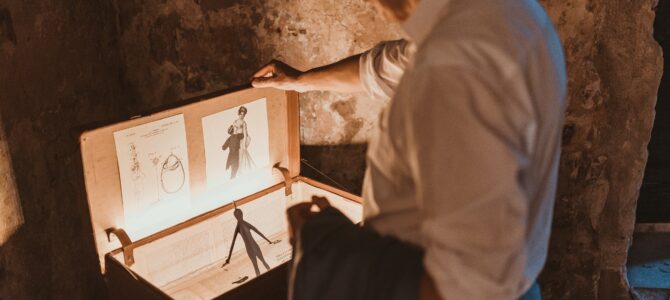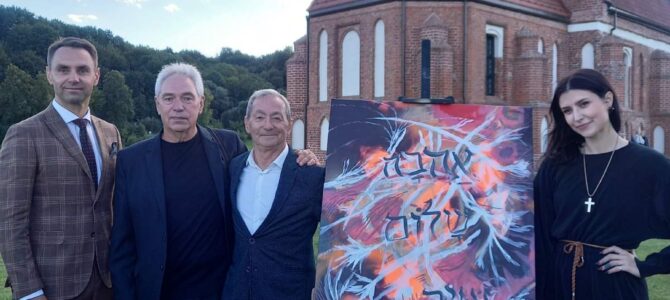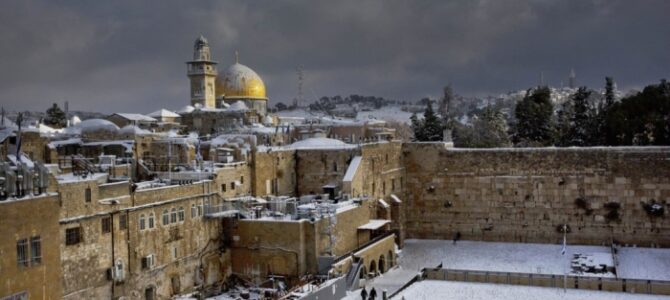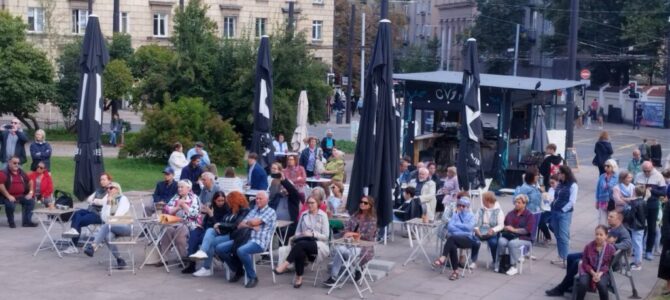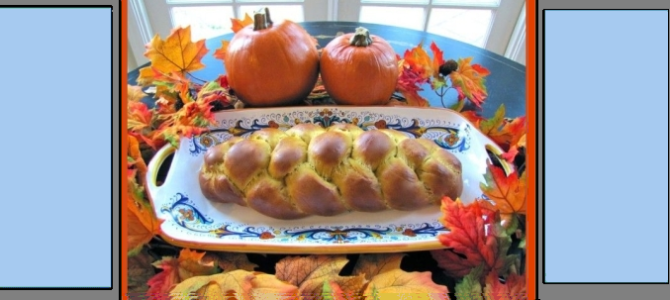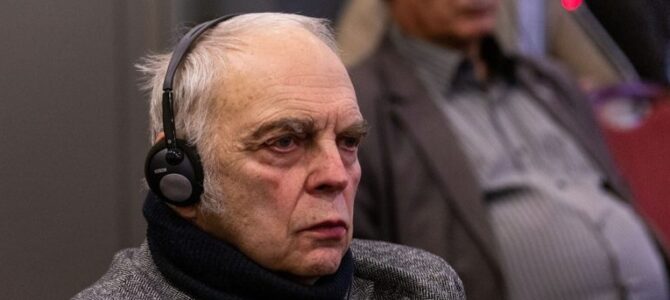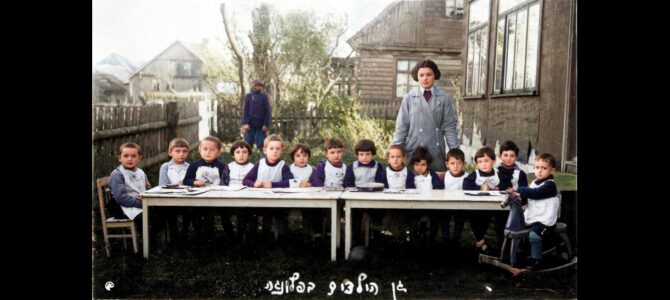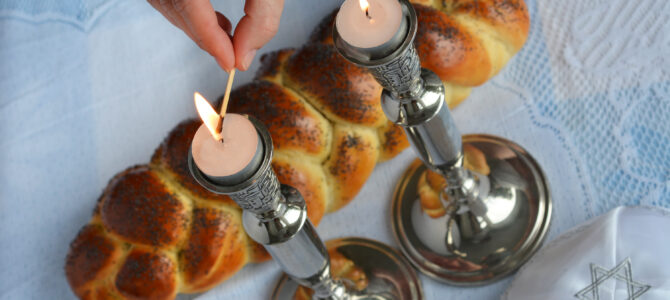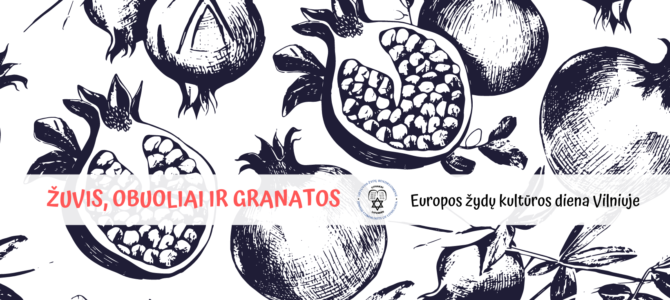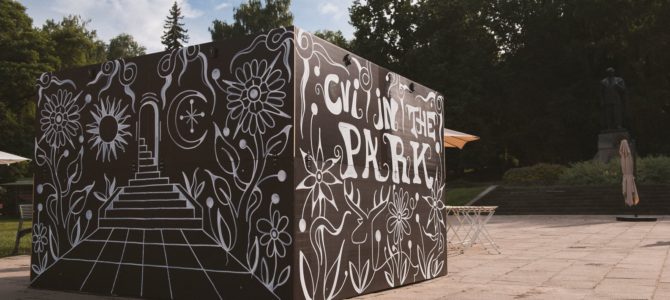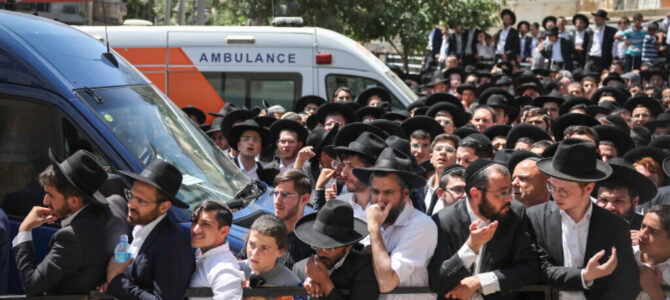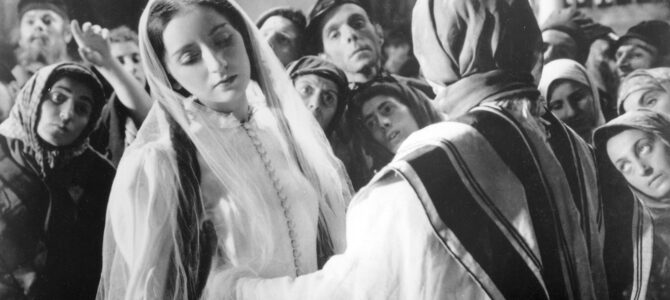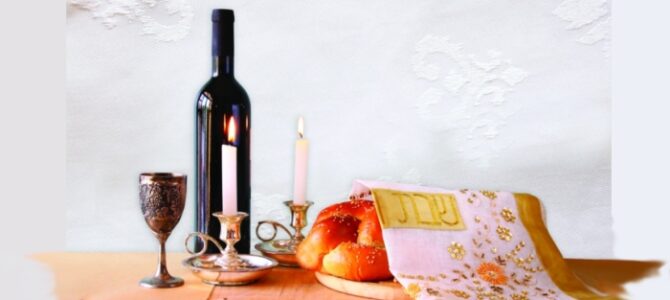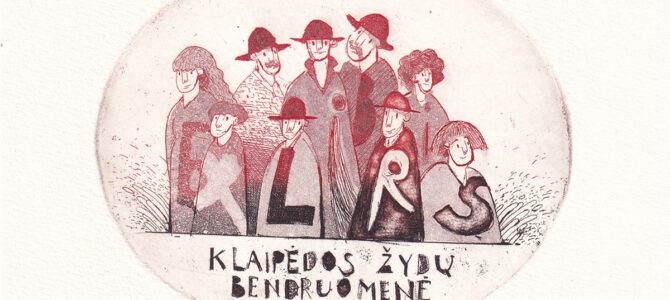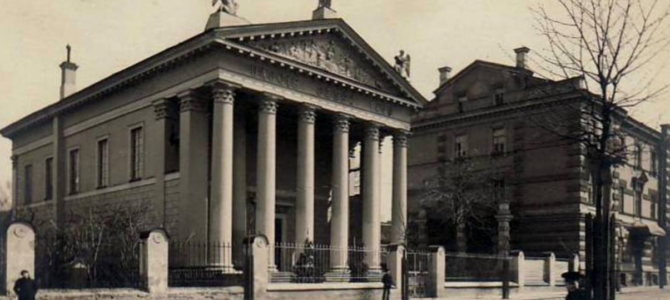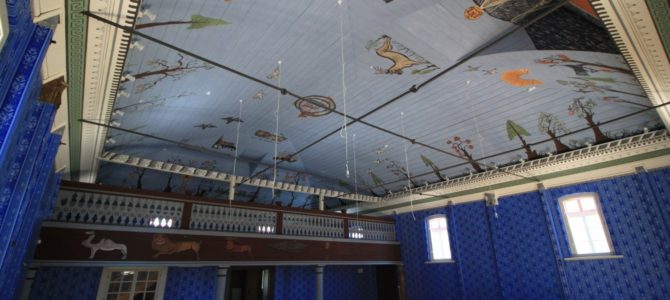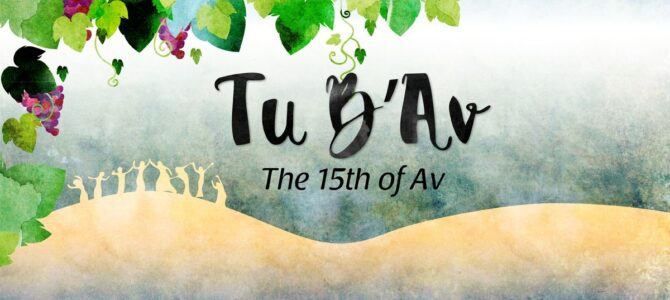Culture enthusiasts are invited to the first Litvak Cultural Forum on September 29 and 30 at the Great Hall at Vytautas Magnus University in Kaunas. The “Office of Memory” event within the Kaunas Capital of European Culture 2022 program includes a diverse events program at locations around the city.
Academics, historians, museum and education specialists, people from the world of art and members of different communities–the forum will bring them all together. Many of the visitors will be travelling to the land of their parents, grandparents and ancestors for the first time in their lives to attend the forum asking the vital question of what it means to be a Litvak. The forum’s other axis addresses culture and art as the key to history and commemoration as a path to a better future fostering openness and dialogue.
Office of Memory curator Daiva Price says the forum summarizes efforts and projects under the Kaunas 2022 program which have been going on since 2017.


